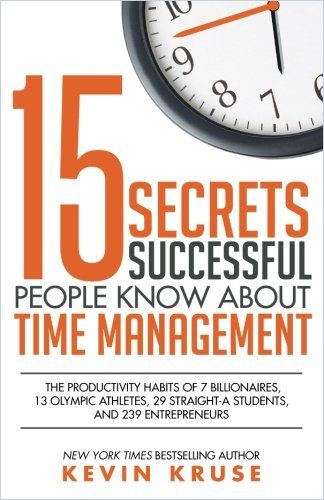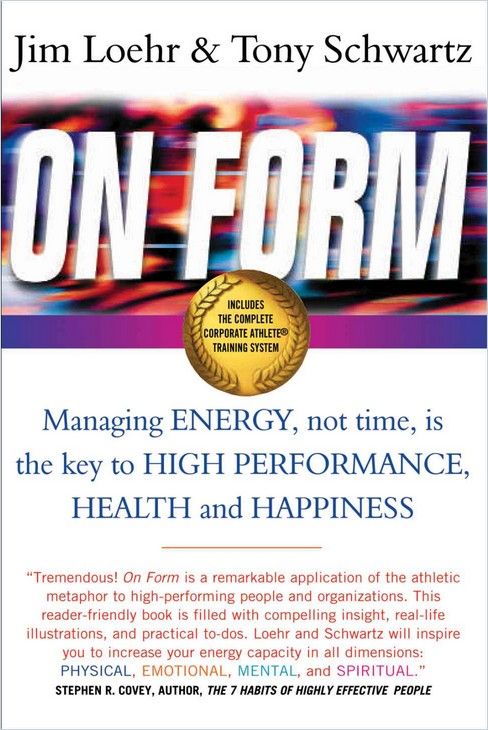How to Structure Your Day

At least in one respect, there is perfect equality among all of us: We all dispose of the same number of hours in a day. How we use them is what makes the difference between high and low achievers.
When asked about his No. 1 productivity tool, getAbstract CEO Thomas Bergen says: “I am most productive when I consciously take 15 to 30 minutes in the early morning, before the workday begins, to plan the following hours. I look at what meetings are coming up, what issues need to be addressed, what decisions need to be made – and who I need to help me reach my goals. My good old notebook is still my best productivity tool because I can remember and think about written materials more concisely. But with getAbstract, every employee can choose how they want to manage their tasks individually to get the most out of their day.”
So how do you structure your day to get the most out of it? Consider these steps:
1. Know Your Priorities
Making the most of your day does not mean checking as many items off your to-do list as you can. It’s fine to create such a list to get all your required tasks out of your mind and on paper, but don’t turn your to-do list into a schedule. Your goal is meaningful productivity. Be clear on what your long-term goals and weekly objectives are. Every day, pick three tasks from your list that will have the most impact on reaching them.
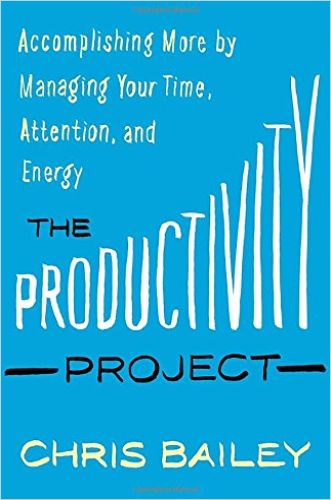
2. Start with Your Most Vital Task
When you start work, do whatever you consider most vital. Leave activities like responding to email until after you complete the day’s crucial tasks. Your ability to concentrate declines later in the day. Save that time for emails and for mundane tasks and chores.
3. Carve out Focus Time
After all, each employee has a different rhythm, and those who can accommodate individual circumstances are the ones who can reach their full potential. Therefore, confidence in their abilities and practical and financial support to give them the structure they need to reach their full potential are the number one productivity tools at getAbstract. Without trust and the resources it activates among my employees, even the best and most comprehensive digital gadgets are useless.
Carve out time to focus – and protect it fiercely. Close the door, put notifications on mute and use a website blocker to discourage yourself from checking social media. If you switch tasks often, your mind splits your attention in a way that reduces overall performance. You will get the most high-quality work done in deep, concentrated bursts.
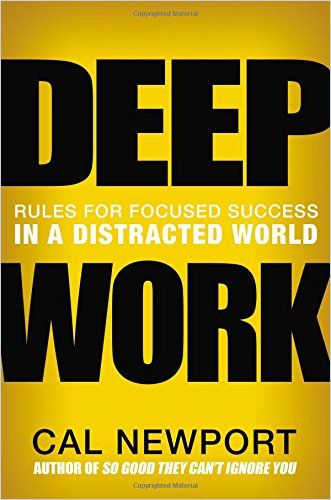
4. Schedule Downtime
Treat activities that give you energy or help you relax with as much importance as work-related commitments by putting them on your schedule. Resilient people know how to manage their energy. They oscillate between expending energy and recharging their batteries.
Introducing strategic pauses into your day will enhance your productivity. A strategic pause can last just a moment – such as a pause to gather your thoughts during a conversation – or the length of a sabbatical. These pauses generally have one of four broad purposes: to recuperate from overwhelm, to declutter your mind, to step back and reflect, or to construct – as in, create, innovate or problem-solve. Think of these pauses as oxygen feeding a fire.
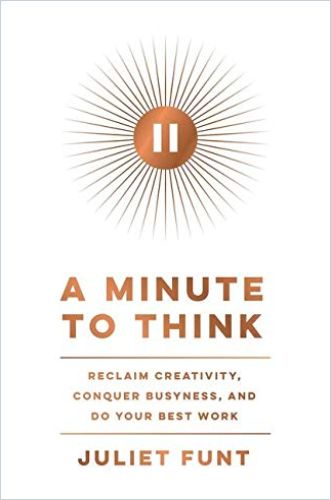
5. Put It All Together
There are many scheduling and time management systems out there that will allow you to implement the time management principles discussed above. If your answer to procrastination has been to neglect your health and relationships, you may want to give Neil Fiore’s Unschedule a try. If you feel constantly overwhelmed, Ryder Carroll’s Bullet Journal method will help you keep track of the moving parts of your life and sort out your goals. And if you want to get serious about engaging in daily deep work, use Cal Newport’s Time-Block Planner. As Newport told getAbstract, making sure every minute of your day has an assigned task does not put you in a straightjacket – quite the opposite:
It seems counterintuitive, but structure begets flexibility: The more structure you have around how work happens, the more flexibility you could have in terms of when and where that work happens.
Cal Newport

